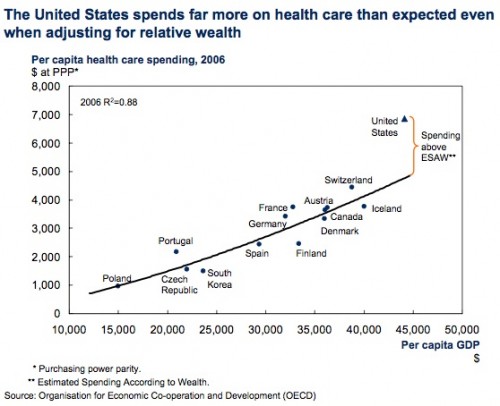Where I am now--middle aged and laid off
One of my points of (minor) pride has been that I have a regular job, not one of these squishy vague freelancer things that all the other writers have.
Well, I have to give thatparticular pride up. I am now a freelancer myself, with a technical marketing communications business and, so far, a couple of clients.
How did this happen?
Well, like many people, I did not like my job. And...I really didn't like my job. But no other job I could find to look at looked a lot better. My company had some serious issues, like the absence of any real business plan, but nothing psychotic or deranged. Just bad behavior. Nothing unusual. Over years in the workplace, you're going to run into a lot of bad behavior. If that makes you insane...you'll be insane.
I'm temperamentally unsuited for fulltime employment. I can't sit still and do the same thing for that long. But I've done it, and done it successfully, for more than a decade. When it comes to that, I'm temperamentally unsuited to marriage and parenthood as well. Mary, good wife that she is, occasionally thanks me for doing a such a good job despite my natural inclinations. Almost everythin I accomplish is in some sense contrary to my nature.
So, not liking my job, and not seeing another that appealed, I did start to think about doing what I do, marketing communications, as my main source of income. I have an engineering degree, I worked as an engineer for years. Surely someone must need a good writer with a technical background? Add in my healthcare marketing experience, and it seemed like a reasonable bet, particularly in Boston's market.
So, evenings and weekends, I thought and schemed and planned. I wrote a new web site, I put my portfolio together, I even got a client by jumping on a chance conversation and turning it into an opportunity, though I didn't have much time to do the client's work.
But I lacked the nerve. I couldn't just leave. The outrageous (and non-tax-deductible) health care premiums alone were enough to deter me. Then there's that pesky mortgage and those hungry children....
My job finally saved me the trouble of making a decision. Having their own problems (that unfortunate lack of a business plan), they eliminated my position and laid me off. So now I am thrown into it willy nilly. If I find a suitable fulltime position I'll take it, but meanwhile I'm trying to add clients while continuing to work on my fiction.
So I've lost the pride that comes with being able to torment yourself 9-5 five days a week in exchange for a salary, health insurance, and a 401(k). I'll have to replace it with an amorphous spread of tasks and client prospecting, and the pride of eating what you kill. I'll keep you posted on how I do.







